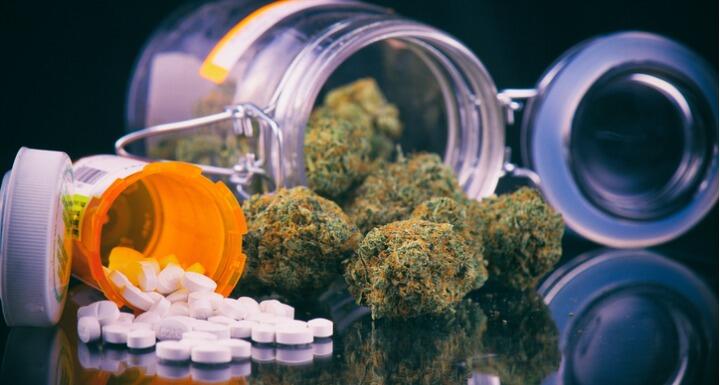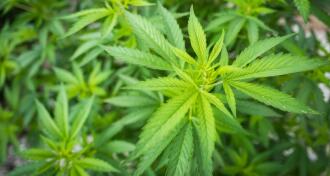
As we have written before, the legal world of cannabis-derived products is dynamic and uncertain.
The current uncertain environment was born in the wake of legalization for medical or recreational marijuana in a handful of states. But the complexity and scope of that uncertainty increased significantly and spread to most of the nation when Congress authorized the growing of industrial hemp, a variety of the cannabis sativa plant with only trace amounts of psychoactive constituents, under certain State research programs. Although Congress has authorized the lawful possession, growth, and cultivation of industrial hemp in certain instances, not all industrial hemp and hemp-derived products are clearly lawful. Specifically, the Drug Enforcement Agency ("DEA") has continuously taken the position that any material, compound, mixture, or preparation derived from the cannabis sativa plant (including cannabidiol, or "CBD" as it is commonly known) that does not fall within a clear exception to the Controlled Substances Act ("CSA") remains an illegal schedule I controlled substance under the CSA.
On June 25, 2018, the Federal Food and Drug Administration ("FDA") entered the arena by approving the drug Epidiolex, which is an epilepsy medication that contains CBD extracted from the cannabis plant. Epidiolex is the first FDA-approved drug made from the cannabis plant. Its recent approval recognized that there is a currently accepted medical use for treatment in the United States, which triggered a review of the drug by the DEA for purposes of rescheduling under the CSA. Many industry participants were hopeful that the approval of Epidiolex and the resulting rescheduling action would lead the DEA to remove CBD itself from schedule I of the CSA. However, this was not the case. The DEA issued its final order on the rescheduling efforts late last week. In that order, the DEA narrowly rescheduled Epidiolex itself – not CBD in general – as a schedule V controlled substance.
Although the DEA's rescheduling order produced a less expansive outcome than many people hoped for, it was still met with near immediate enthusiasm by industrial hemp market participants and supporters, many of whom interpret the decision as a hopeful harbinger of CBD legalization. While the decision is understandably exciting in that it represents a shift in approach by the DEA, it is important not to overreact, and to understand the actual text of the DEA order rather than second and third-hand interpretations of it. The DEA's order placed only the following, narrow category of approved CBD drugs into schedule V of the CSA:
A drug product in finished dosage formulation that has been approved by the FDA, that contains CBD derived from cannabis, and that contains no more than 0.1% residual tetrahydrocannabinols (otherwise known as "THC").
For now, only Epidiolex falls into this category of approved CBD drugs. For other drugs to later quality as such, they must also satisfy the threshold criteria of being (i) a drug product, (ii) approved by the FDA, and (iii) meeting the stated chemical criteria.
The recent DEA order does not state that CBD itself has been rescheduled to schedule V. To the contrary, the DEA clearly restates in the order its position that "any material, compound, mixture, or preparation other than Epidiolex that falls within the CSA definition of marijuana…, including any non-FDA-approved CBD extract that falls within such definition, remains a schedule I controlled substance under the CSA." This appears to mean that, at least according to the DEA interpretation of the CSA, non-FDA approved products containing CBD may still be considered schedule I controlled substances under Federal law.
It is entirely possible that cannabis, whether in its industrial hemp form or otherwise, will be fully legalized across the United States one day. But that day is not today, and it remains necessary for lawful cannabis industry participants to follow and understand these changing legal issues and developments closely. It is essential for anyone considering the cultivation, processing, or distribution of hemp and CBD products to consult with an attorney who is experienced in this area of law. Ward and Smith's Industrial Hemp practice team is available and eager to provide legal advice on a wide array of issues and legal matters associated with hemp and CBD.
--
© 2024 Ward and Smith, P.A. For further information regarding the issues described above, please contact or .
This article is not intended to give, and should not be relied upon for, legal advice in any particular circumstance or fact situation. No action should be taken in reliance upon the information contained in this article without obtaining the advice of an attorney.
We are your established legal network with offices in Asheville, Greenville, New Bern, Raleigh, and Wilmington, NC.








